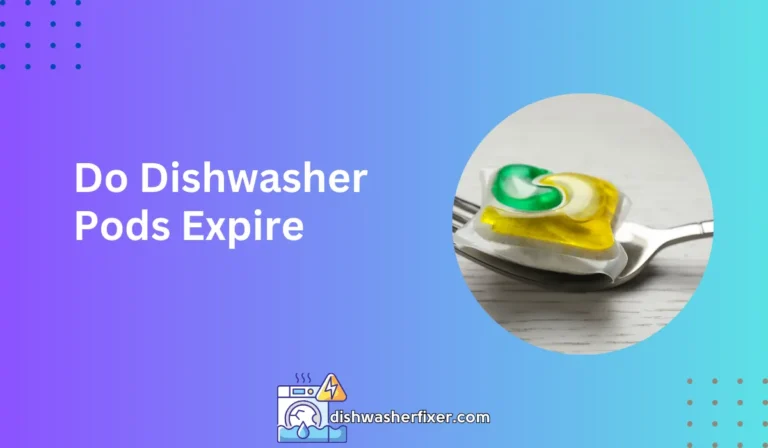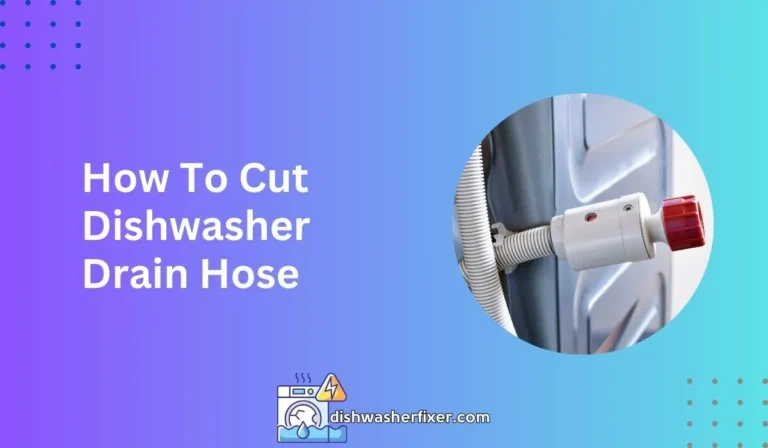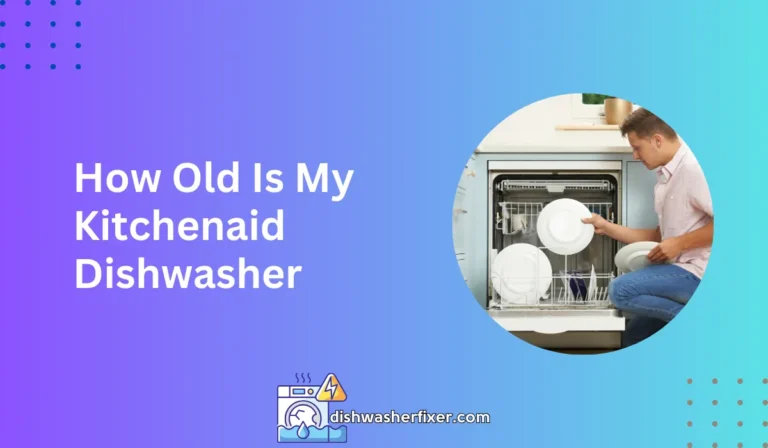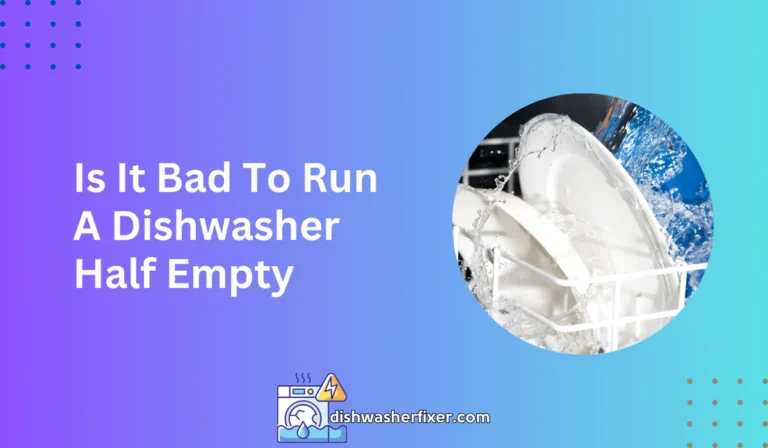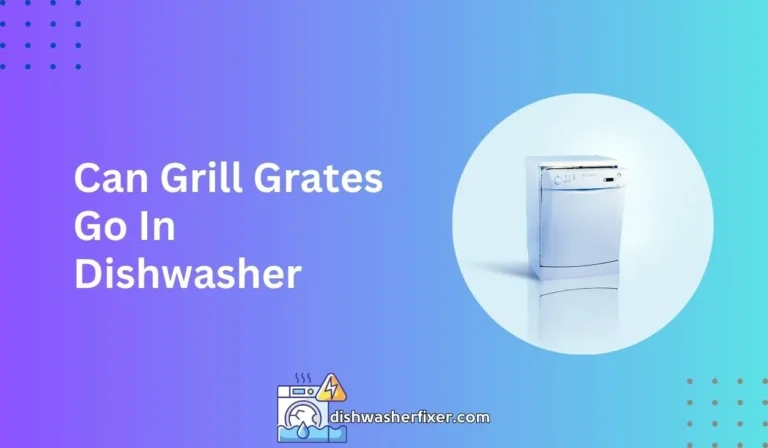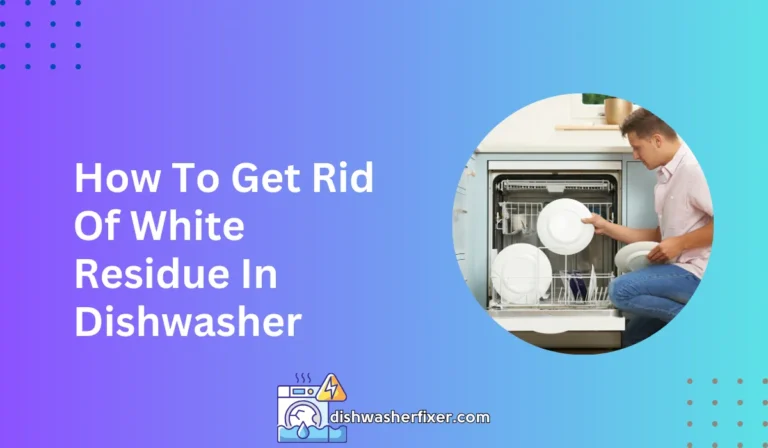Can Dish Soap Be Used in a Dishwasher? Avoid This Mistake!
No, dish soap should not be used in a dishwasher. It can produce excessive suds, leading to leaks and potential damage to the appliance. Only use detergents specifically designed for dishwashers.
The Risks of Using Dish Soap in a Dishwasher
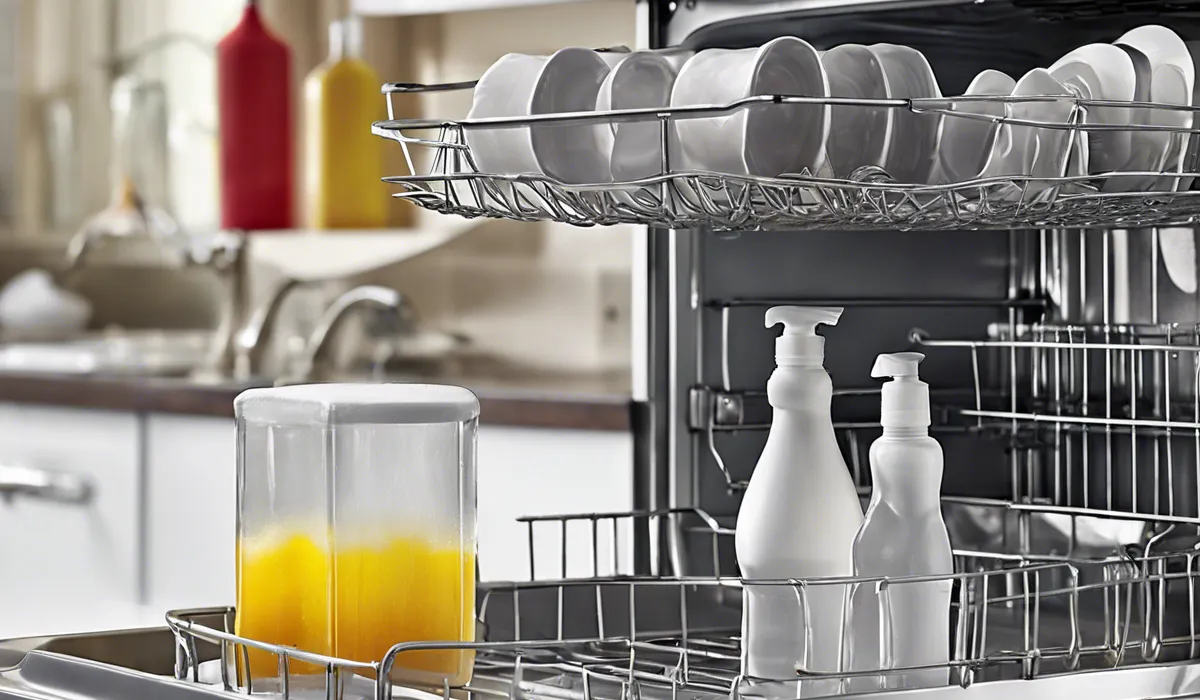
Understanding Dish Soap vs. Dishwasher Detergent
It’s important to recognize that dish soap and dishwasher detergent are formulated for different purposes. Dish soap is designed for hand washing dishes; it creates suds to help lift food and grease off the dishes.
On the other hand, dishwasher detergent is made to work in the high-pressure, high-heat environment of a dishwasher and is low-sudsing to prevent foam build-up.
Consequences of Suds and Foam
When dish soap is used in a dishwasher, it can create an excess of suds. These suds can spill out of the dishwasher, leading to potential water damage in your kitchen.
Overflow and Leakage Risks
The overflow of suds can cause leaks around your dishwasher, possibly damaging your floors and cabinets. This can be an expensive problem to fix, especially if the leaks go unnoticed for some time.
Internal Damage Concerns
The internal components of a dishwasher are not designed to handle the high levels of foam produced by dish soap. This can lead to the dishwasher’s pump and drain systems working harder than they should, potentially causing premature failure.
Effects on Cleaning Performance
Aside from mechanical issues, the use of dish soap can lead to poor cleaning performance. Dishes may end up with a residue, and the soap may not be as effective at cutting through grease and grime as dishwasher detergents.
Residue on Dishes
Residue from dish soap can leave your dishes feeling greasy and looking cloudy. Moreover, the residue can be difficult to remove, requiring additional hand washing, which defeats the purpose of using a dishwasher.
Ineffective Grease and Grime Removal
Dishwasher detergents are specifically designed to break down food particles and grease at high temperatures, something dish soap is not capable of doing as effectively in a dishwasher.
Potential Short-Term Solutions and Alternatives
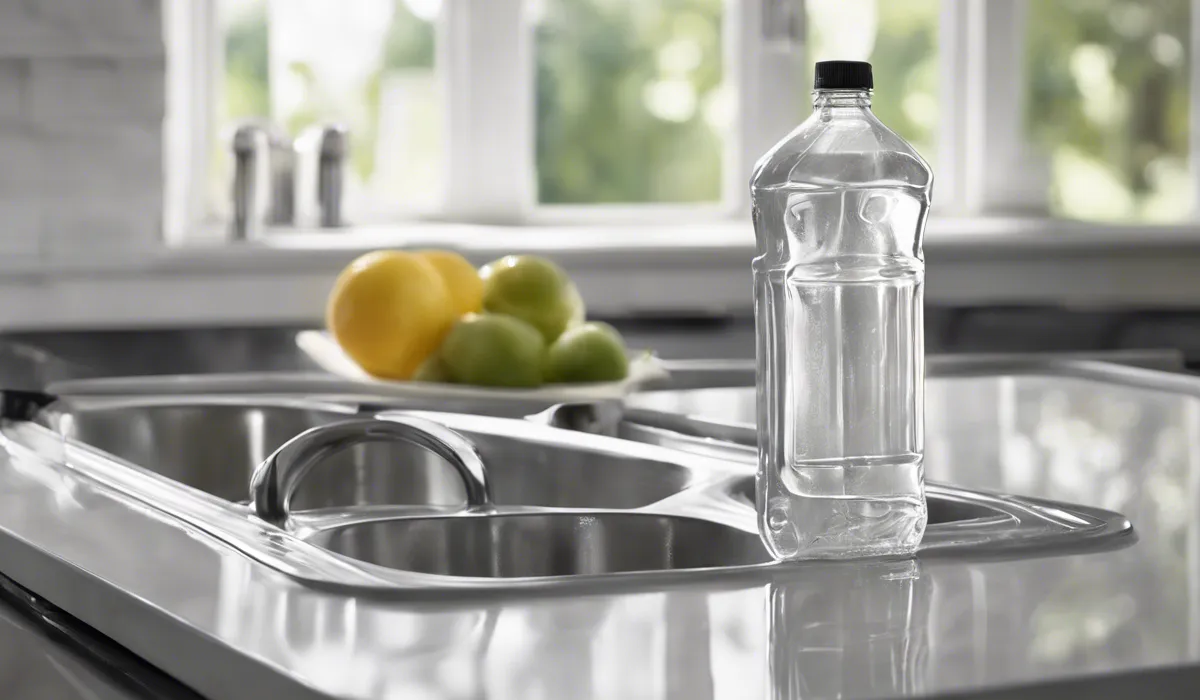
Emergency Use of Dish Soap
If you must use dish soap in a dishwasher due to an emergency, there are ways to minimize the risks. Diluting the soap and using a very small quantity can help prevent excessive suds.
Dilution Methods
One method is to mix a few drops of dish soap with baking soda to reduce suds before placing the mixture in the detergent dispenser.
Quantity Considerations
It’s crucial to use only a tiny amount of dish soap – less than a teaspoon. Even this small amount can produce more suds than your dishwasher is designed to handle, so proceed with caution.
Alternative Cleaning Agents
If you’re out of dishwasher detergent, consider using baking soda and vinegar or a lemon juice solution as a temporary alternative.
Baking Soda and Vinegar Solutions
You can create an effective cleaning mixture by combining a half cup of baking soda with a few tablespoons of vinegar. Place this in the detergent dispenser to help clean your dishes without creating suds.
Lemon Juice Solutions
Lemon juice has natural grease-cutting properties. Mixing it with a little bit of water and using it in place of detergent can help keep your dishes clean without causing suds.
Long-Term Implications and Best Practices
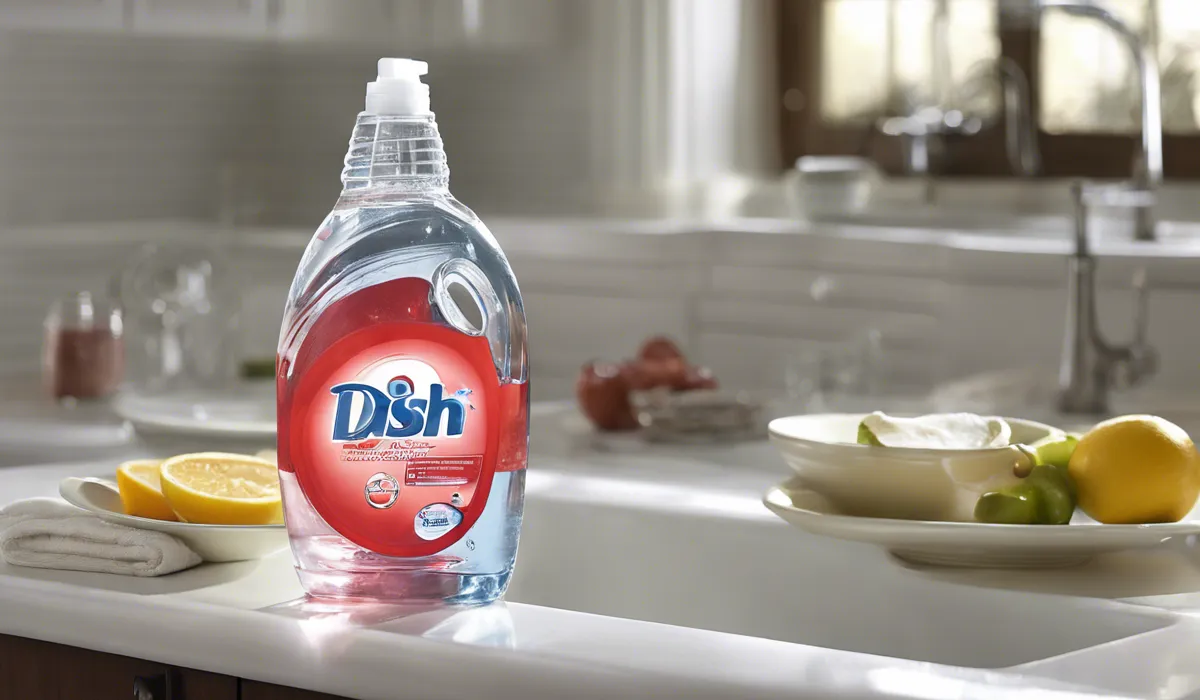
Maintenance Issues from Improper Soap Use
Using dish soap in a dishwasher can lead to long-term maintenance issues. The pipes and filters can become clogged with soap scum, reducing efficiency and potentially causing breakdowns.
Clogged Pipes and Filters
Regularly using dish soap can cause a buildup in the pipes and filters of your dishwasher, which can be tough to clean and may require professional help to resolve.
Decreased Efficiency and Lifespan
The extra strain on your dishwasher’s components from dealing with excessive suds can lead to decreased efficiency. Over time, this can shorten the lifespan of your appliance.
Best Practices for Detergent Use
To avoid these issues, it’s best to use detergents that are specifically designed for dishwashers. They come in various forms, such as powders, liquids, and pods, each with their benefits.
Types of Dishwasher Detergents
Powder detergents are often the most economical choice, while liquid detergents can be more convenient. Pods offer premeasured convenience and can help prevent overuse of detergent.
Maintaining Your Dishwasher
Regular maintenance, such as cleaning the filters and ensuring the spray arms are free of debris, can help keep your dishwasher running smoothly.
For the best advice on maintenance, check out articles on maintaining your dishwasher, such as “What size hole saw for ceiling box” can indirectly provide tips on managing household appliances.
FAQs About Using Dish Soap in a Dishwasher
Is it safe to use dish soap in a dishwasher?
No, it is not safe to use dish soap in a dishwasher as it can produce excessive suds and cause leaks or damage to the appliance.
What happens if dish soap is used in a dishwasher?
Using dish soap in a dishwasher can lead to an overabundance of suds that may result in leaks, water overflow, and can potentially damage the appliance.
Can I use dish soap in a dishwasher in an emergency situation?
No, even in an emergency, it is not advisable to use dish soap in a dishwasher due to the risk of damage and leaks.
What type of detergent is safe to use in a dishwasher?
Only detergents specifically designed for use in dishwashers should be used, as they are formulated to produce the correct amount of suds and clean effectively.
Are there any alternatives to dishwasher detergent that can be used safely?
While it is always best to use dishwasher-specific detergents, in a pinch, baking soda and vinegar can serve as an emergency alternative, but they may not be as effective in cleaning.
Final Thoughts
Using dish soap in a dishwasher is inadvisable due to the risk of excessive suds which can cause leaks and damage the machine.
It is essential to use detergents specifically formulated for dishwashers to ensure proper cleaning and maintain the appliance’s integrity and functionality.
